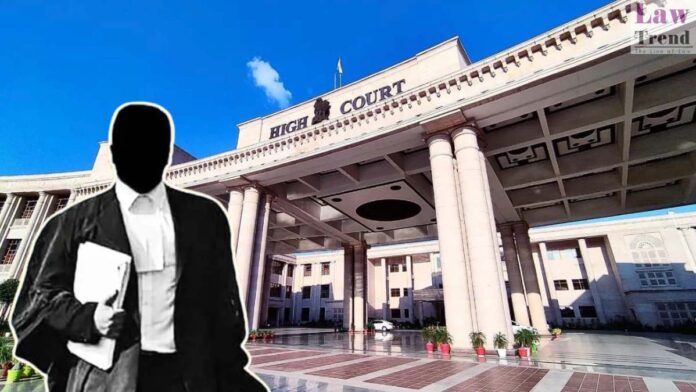In a significant ruling, the Allahabad High Court, Lucknow Bench, granted bail to one Vipin Tiwari accused under various provisions of the Bharatiya Nyaya Sanhita (BNS) in Case Crime No. 317 of 2024, while delivering sharp observations on courtroom decorum and efficient use of judicial time. Justice Subhash Vidyarthi, in a 49-paragraph order dated May
To Read More Please Subscribe to VIP Membership for Unlimited Access to All the Articles, Download Available Copies of Judgments/Order, Acess to Central/State Bare Acts, Advertisement Free Content, Access to More than 4000 Legal Drafts( Readymade Editable Formats of Suits, Petitions, Writs, Legal Notices, Divorce Petitions, 138 Notices, Bail Applications etc.) in Hindi and English.




